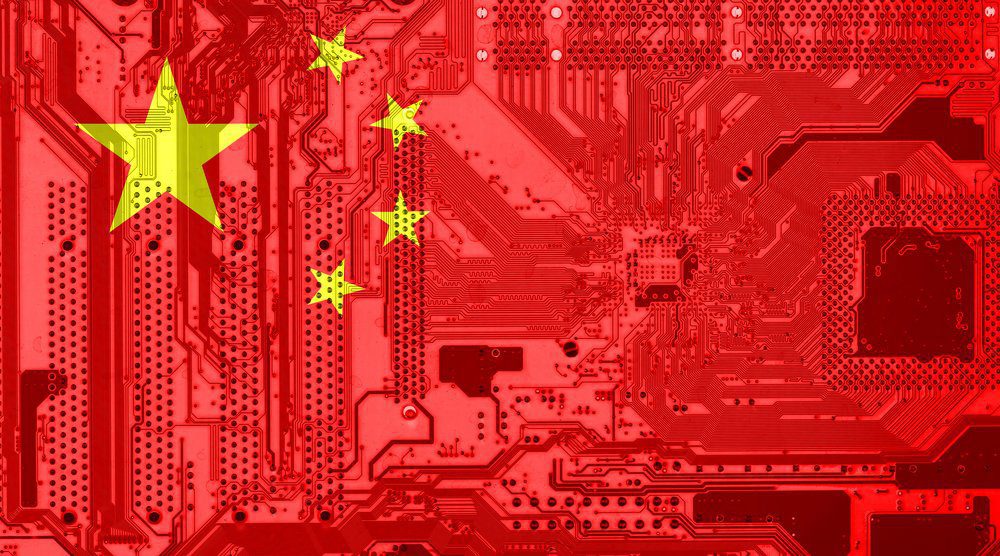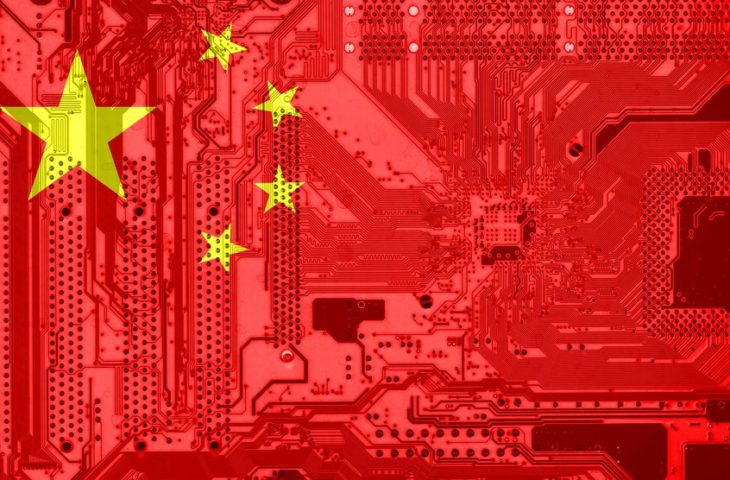Chinese chipmaker cracks mass production HBM2
- August 5, 2024
- 0
China is increasingly closing its gap in chip production, as a Chinese manufacturer is reportedly able to produce HBM2 memory itself. US trade restrictions make it harder for
China is increasingly closing its gap in chip production, as a Chinese manufacturer is reportedly able to produce HBM2 memory itself. US trade restrictions make it harder for


China is increasingly closing its gap in chip production, as a Chinese manufacturer is reportedly able to produce HBM2 memory itself.
US trade restrictions make it harder for China to obtain Western microchips, and that is the intention. The US does not want the Chinese to have equal footing when it comes to innovations in AI. The sanctions are causing China to focus on its own production and the country is achieving increasing success in this area.
For example, Digitimes now knows that Chinese company CXMT is able to move HBM2 memory from the assembly line to production. This is an important step towards building its own high-performance accelerators, the import of which is currently banned.
The second version of High Bandwidth Memory was introduced as a standard in 2016 and has a bandwidth of 256 Gbit/s to 307 Gbit/s per memory module. In the meantime, HBM2E has been reviewed and we are now working on HBM3, which supports 819 Gbit/s. HBM3 memory is much faster, but also more expensive. The performance of HBM2 is certainly sufficient to produce competitive components even today.
In addition, its production is complex. If CXMT is now able to produce HBM2, this shows the rapid progress of the Chinese. The company would be two years ahead of schedule. CXMT is said to have procured the necessary equipment from American and Japanese companies with the necessary licenses.
The development shows how US sanctions can work in the short term but have undesirable consequences in the long term. Today, Chinese chips are still lagging behind their Western competitors, but are catching up faster than expected. If the Chinese continue to innovate at this pace, the time will come when they can produce equivalent chips and compete on the international market with today’s established companies.
Source: IT Daily
As an experienced journalist and author, Mary has been reporting on the latest news and trends for over 5 years. With a passion for uncovering the stories behind the headlines, Mary has earned a reputation as a trusted voice in the world of journalism. Her writing style is insightful, engaging and thought-provoking, as she takes a deep dive into the most pressing issues of our time.